Divine Health: As “The People’s Doctor” at Coupet Quality Clinic, I’m reaching out to you not just as a physician but as a partner in your journey toward health. This blog is a personal letter from me to you, my patient, where I share my approach to healthcare, shaped by my knowledge and expertise and, above all, by my deep-seated commitment to practice integrity and compassion with my patients.
Upholding My Pledge to You
My role goes beyond diagnosing and treating; it’s about being a steadfast guardian of your trust.
Every review of your medical history, every interpretation of test results, and every consultation with specialists is done with one goal in mind: to fulfill the promise I’ve made to you. This rigorous process ensures that when we decide on your care plan, it’s not just about the immediate steps but about a long-term commitment to your health.
Navigating Healthcare Together
Healthcare, as we know, can be unpredictable. There are moments of clear success, where treatments proceed exactly as planned, bringing relief and recovery. Yet, there are times when we encounter challenges—unexpected outcomes from treatments, logistical issues with medications, or the complexities of navigating the healthcare system.
In these situations, my commitment to you is unwavering. I believe in honesty and transparency, in acknowledging the complexities while striving to minimize them, ensuring that we face each challenge together.
A Collaborative Approach to Care
Healthcare is most effective when it’s a collaborative effort! I believe in involving you in every aspect of your care, ensuring that you’re informed, engaged, and empowered in making decisions about your health.
Our partnership is built on open communication, allowing us to anticipate and address challenges and making sure that your care plan is not just effective but also makes sense with your needs and life!
No two of my patients are alike. You may have the same symptoms as another of my patients, but your life and situation are different. I don’t use a one-size-fits-all approach. No! You deserve a customized plan that takes into account your particulars, your life, and the things that matter most to you.
The Importance of Proactive Communication
Effective communication is the cornerstone of our partnership. Whether it’s adjusting treatment plans or navigating medication management, our ongoing conversations ensure that we’re always aligned and moving forward together.
You know that you can reach me easily. That’s important to me because it creates a clearing for free-flowing communication between us.
This proactive approach helps us to minimize disruptions and keep full speed ahead toward achieving your health goals.
Accountability and Advocacy: The Core of Our Relationship
As your doctor, I take responsibility for our shared journey towards health. Should we face setbacks, I am committed to acknowledging them, addressing them, and learning from them. My role extends beyond your treatment; I am here to advocate for you, to support you, and to ensure that your voice is heard and respected in every decision we make.
Supporting Each Other Through Challenges
The path to health is not always straightforward. Together, we face the challenges inherent in healthcare, but I am here to assure you that you are not alone. I am committed to supporting you, advocating for your needs, and standing by you, no matter the obstacles we may encounter.
Our Shared Commitment to Integrity
Integrity is the foundation of our relationship. It’s about more than just honesty; it’s about a shared commitment to uphold our word to each other, to face challenges with courage, and to never lose sight of the trust we’ve built.
Every day, I am reminded of the importance of this commitment, and it guides every action I take and every decision we make together.
In Closing: My Promise to You
Thank you for entrusting me with your care. This responsibility is one I hold dear, and my promise to you is to always act with integrity, to advocate for your best interests, and to walk this journey with you, every step of the way.
Together, we can navigate the complexities of healthcare with a shared commitment to your health, well-being, and the trust we’ve built.
At Coupet Quality Clinic, you’re more than a patient; you’re a partner. And as “The People’s Doctor,” I stand by my commitment not just to treat but to listen, to understand, and to care, always with your best interests at heart.
Let’s continue this journey together with trust, respect, and a shared commitment to the health and life you deserve.


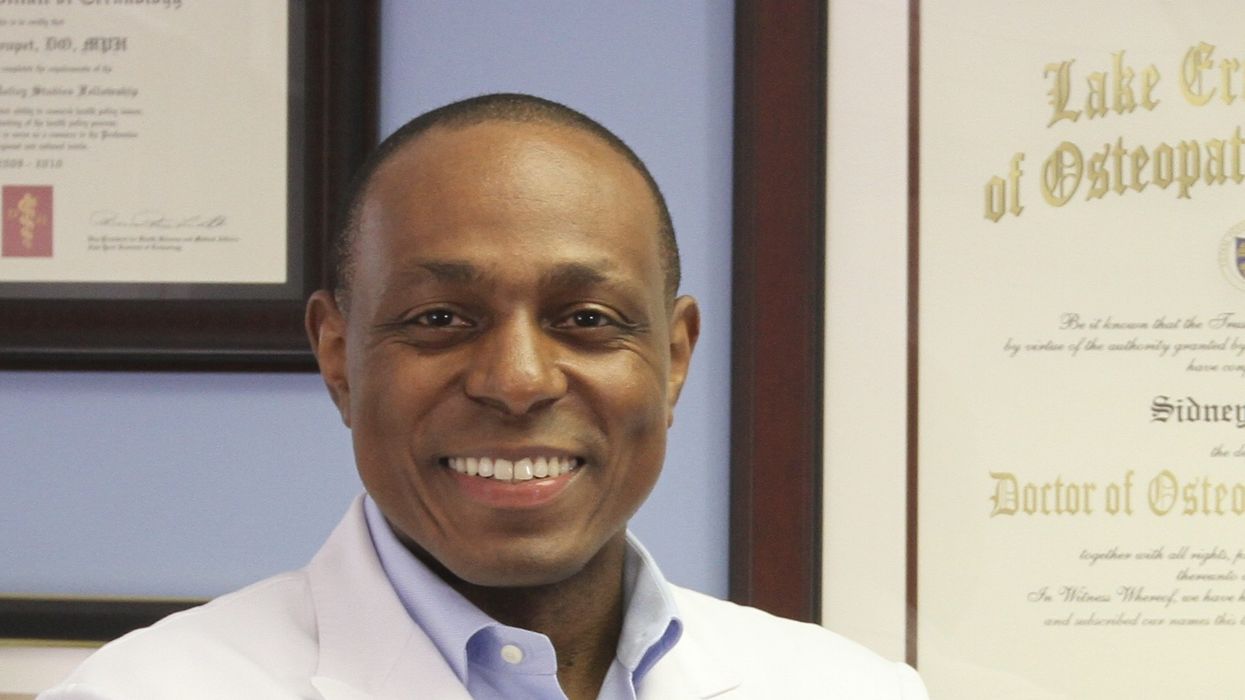






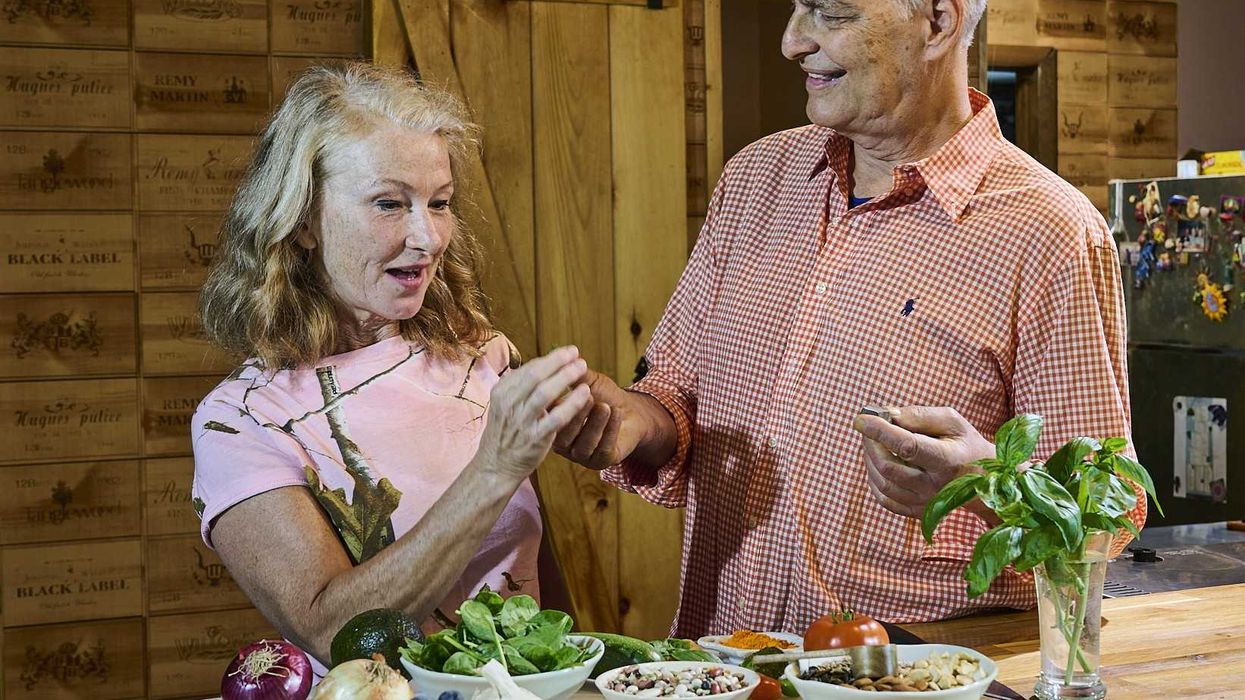



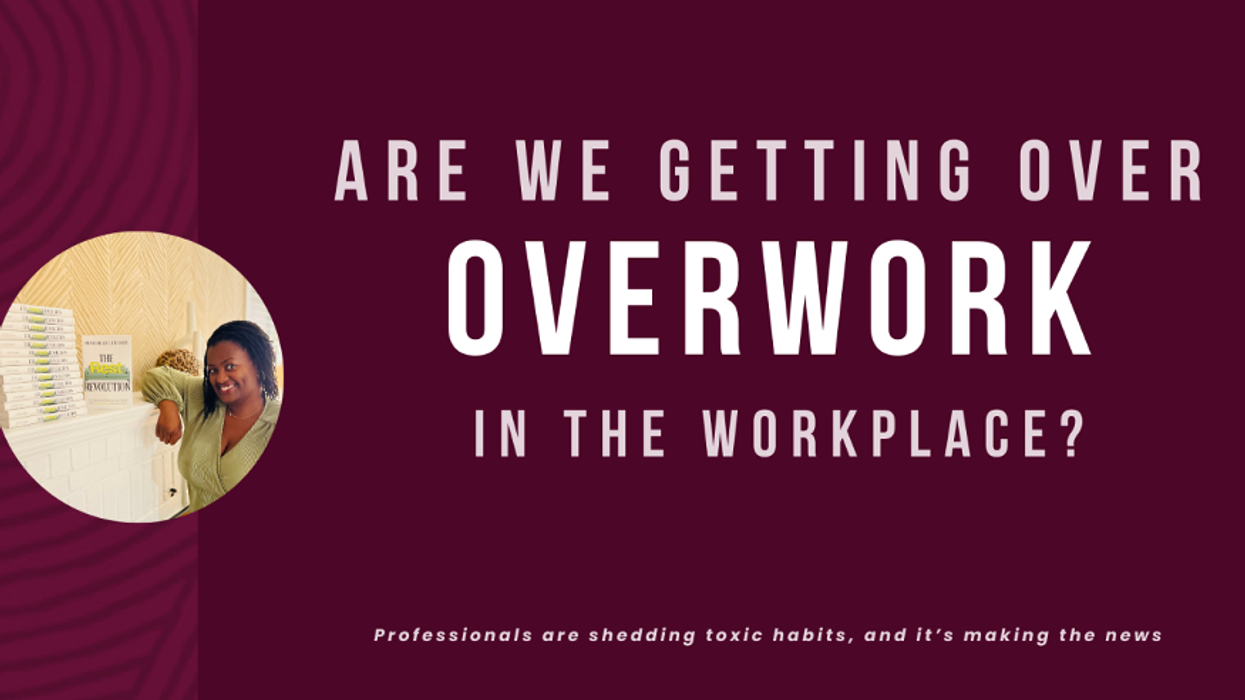
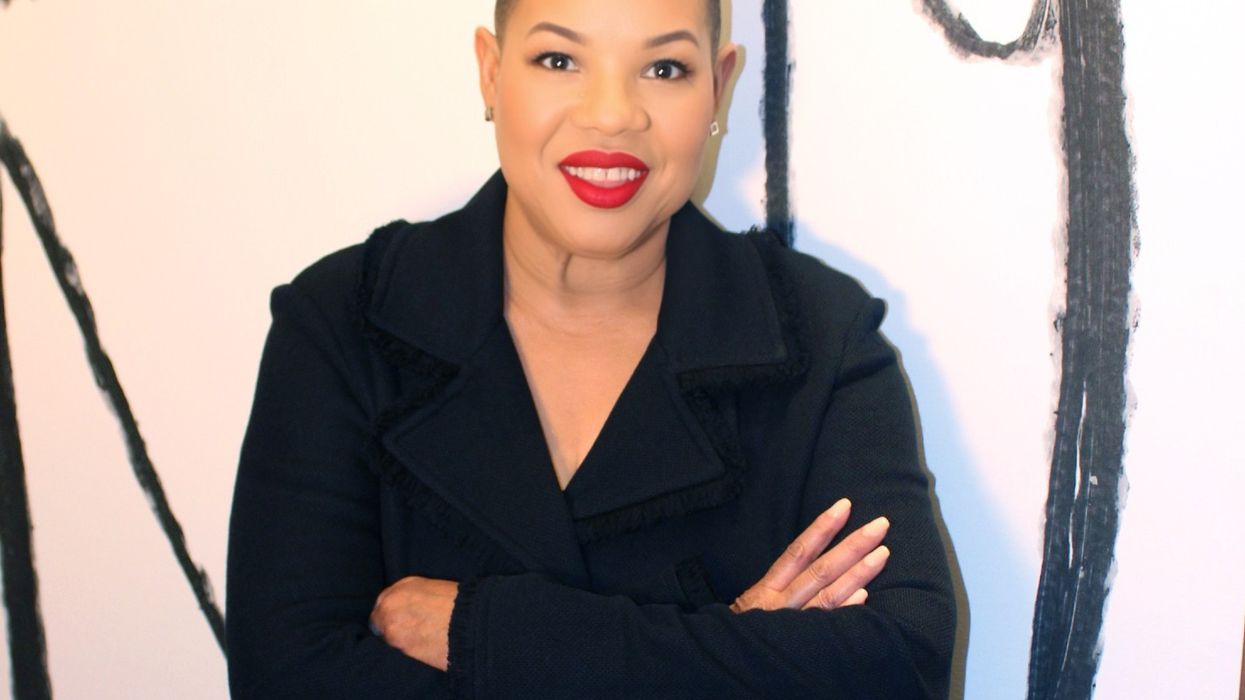
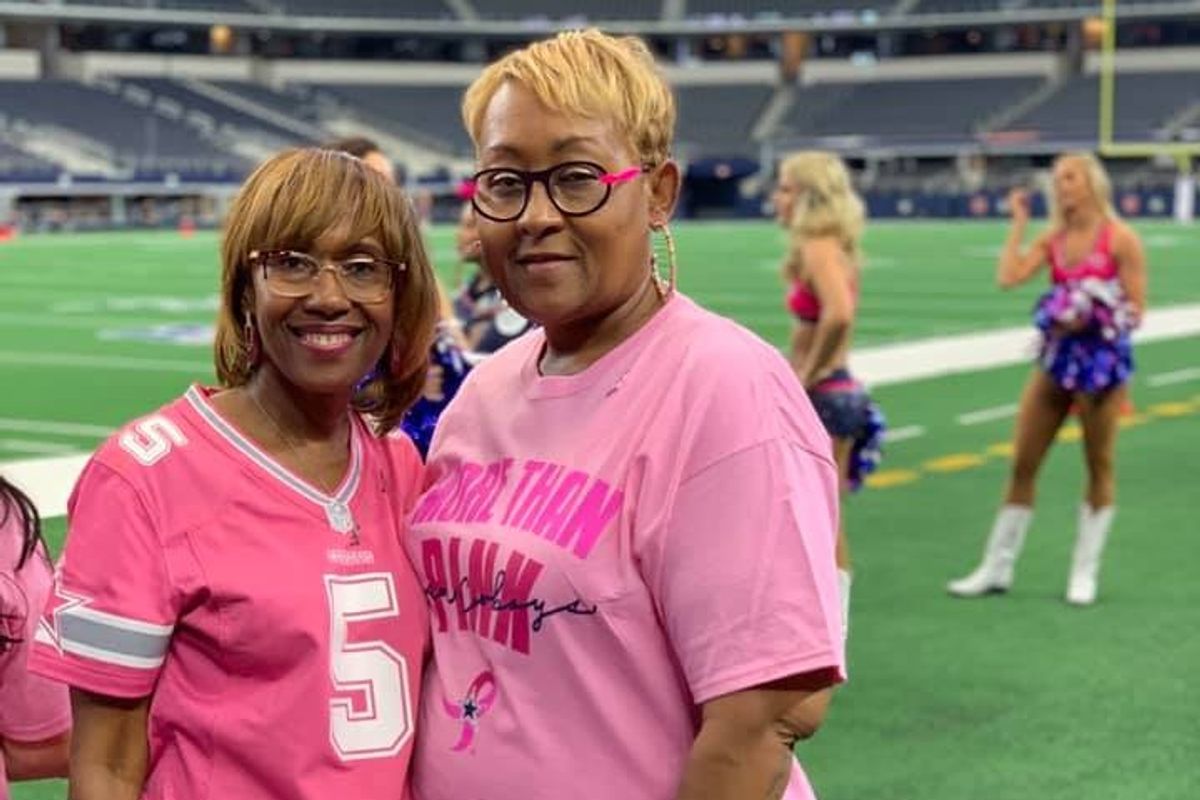 Ragina Ireland has been lovingly supported throughout her cancer journey by her sister, Johnnie Ireland. Four years ago, Ragina took a Cancer Genetic Risk Assessment test to help give her sister a clearer understanding of her own risk for developing breast cancer.
Ragina Ireland has been lovingly supported throughout her cancer journey by her sister, Johnnie Ireland. Four years ago, Ragina took a Cancer Genetic Risk Assessment test to help give her sister a clearer understanding of her own risk for developing breast cancer. 
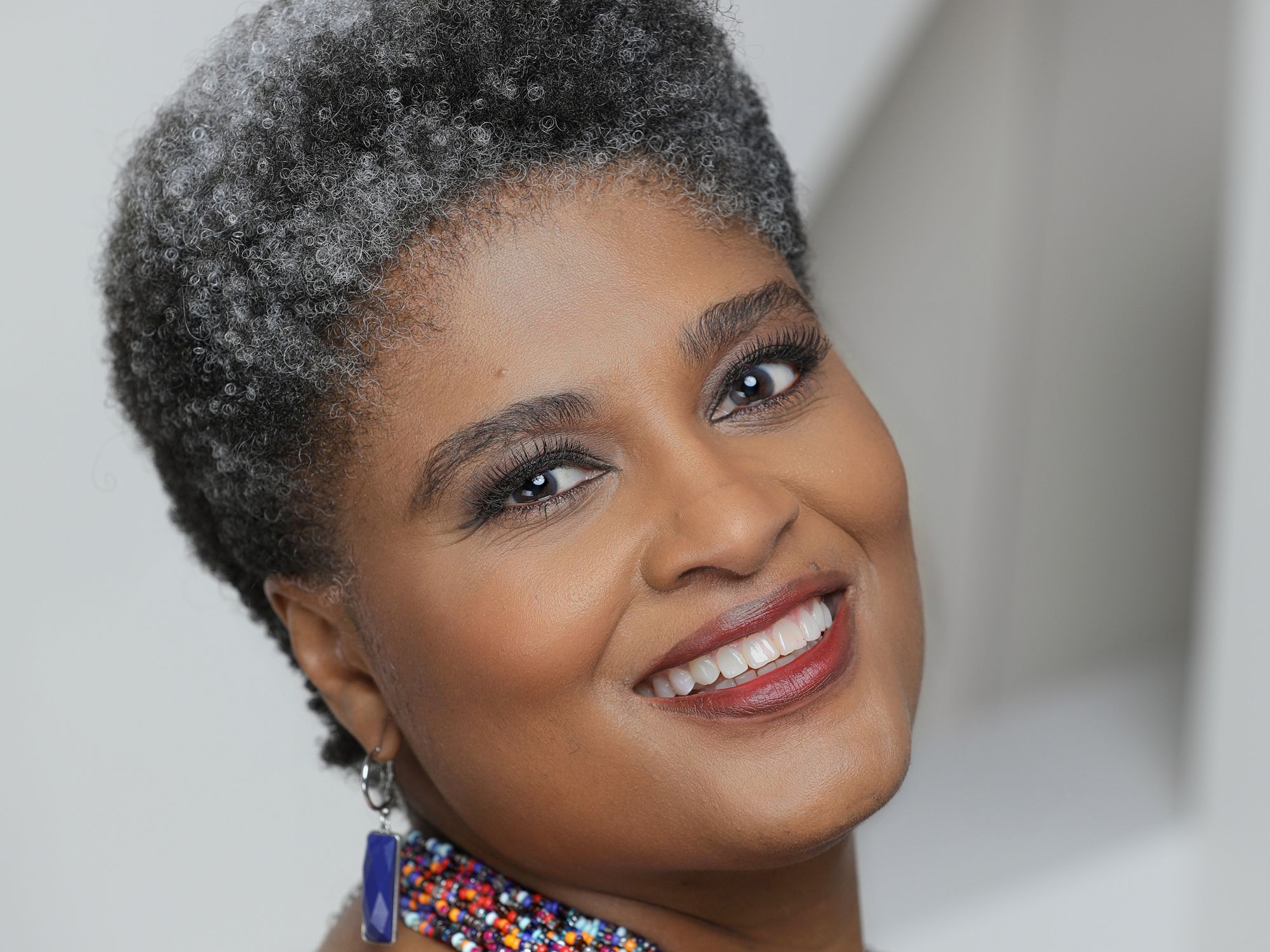 Dr. Froswa Booker-Drew is the co-founder of the Heritage Giving Circle, an organization that promotes Black philanthropy and supports Black women-led nonprofits.
Dr. Froswa Booker-Drew is the co-founder of the Heritage Giving Circle, an organization that promotes Black philanthropy and supports Black women-led nonprofits.
 Karla Mingo believes that her greatest gift as a cancer survivor is the ability to live with gratitude and thankfulness.
Karla Mingo believes that her greatest gift as a cancer survivor is the ability to live with gratitude and thankfulness.